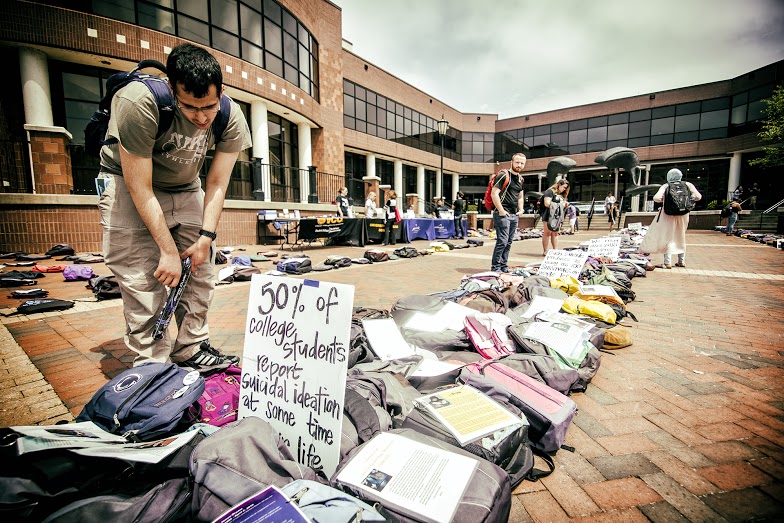I could just barely reach our countertop when my father started teaching me how to cook. Chef celebrity culture quickly became a thing in the late 90s, and my father used it to his advantage to teach me how to cook what we saw on our television. We started working on...


